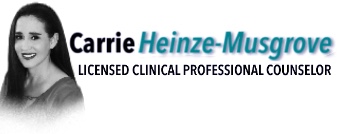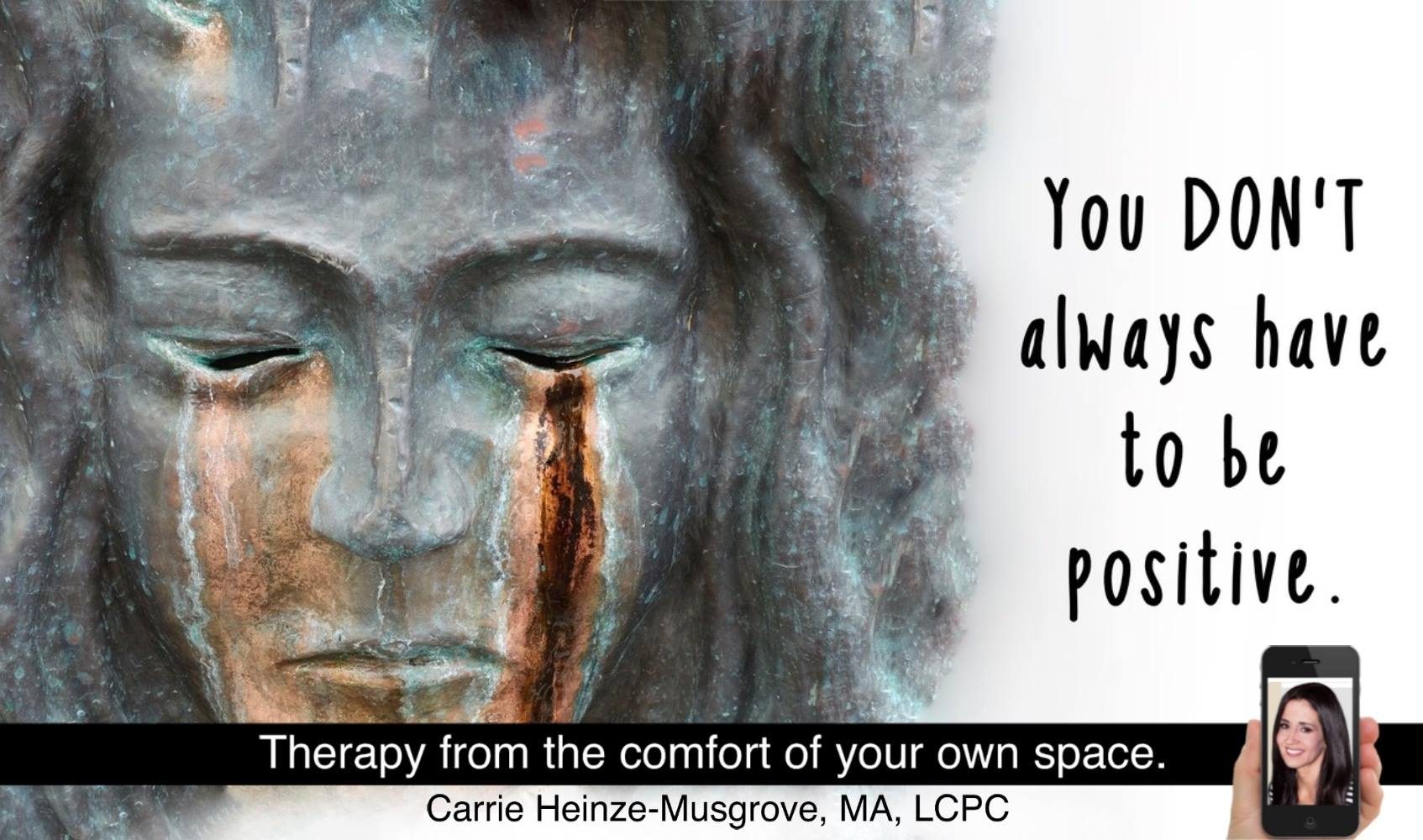Do you look for the positive in bad things that have happened to you? Do you have people in your life that point out the silver lining in your pain? Do you feel obligated to find gratitude in every stressful experience? Do you try to find the life lesson waiting on the other side of your trauma? Does one brief moment of sadness or frustration make you feel like you’re being dramatic or ungrateful?
Don’t get me wrong. If you use positivity, affirmations or inspiring social media posts because it supports your growth and healing, then without question, keep doing it.
There is no denying that positivity can be powerful in healing and forward movement. For some of us, if we have just an ounce of hope that we aren’t as bad as our brain is making it out to be, we can cope a bit better. That kind of positivity may be the motivational kick in the pants we need.
However, if you feel guilty or ashamed or “less than” for not thinking positively about your pain, then this is for you.
Social media is particularly guilty of this. Encouraging people to ONLY be happy, positive or look on the bright side is more harmful than helpful.
Here’s why…
People (especially the depressed and anxious) who put a lot of pressure on themselves to feel happy are more likely to see their negative emotions as a sign of failure.
You are entitled to feelings of sadness, frustration, vulnerability, hopelessness, resentment and so forth. Trying so hard to put a positive spin on your story might just mean you’re not telling your story after all.
Honor whatever response, experience or feeling you have in any given moment. Recognizing and accepting that feeling “bad” is part of the human experience can help put you back in control.
Pay attention if you’re the person who tells someone to “stay positive”. Think before pointing out all the things in their life they need to be grateful for or all the people in the world who have it worse than them.
Simple fixes often come off as moral superiority and tend to trivialize their pain.
Despite being well intended and rooted in positivity, it’s possible that those “positive” words only make people feel worse.
Instead, choose to respond with listening, understanding, validation and unconditional support. Avoid giving unsolicited advice. And by all means, ask them what they need from you and reassure them they don’t have to go through it alone.
If this topic resonated with you, please follow me, share and subscribe to my newsletter. https://www.carrienet.com/newsletter
It’s okay not to be okay,
Carrie






